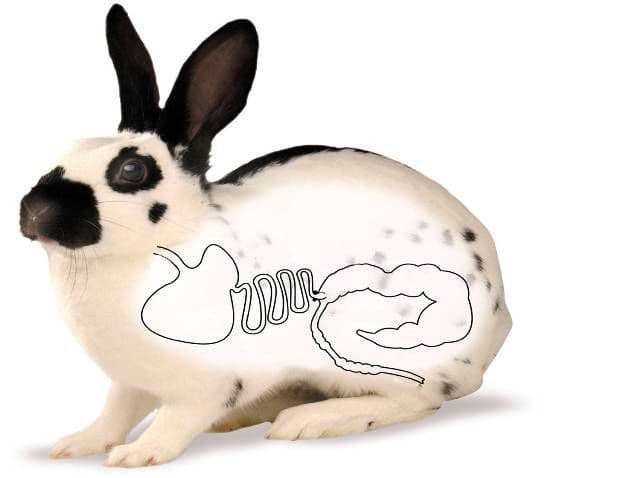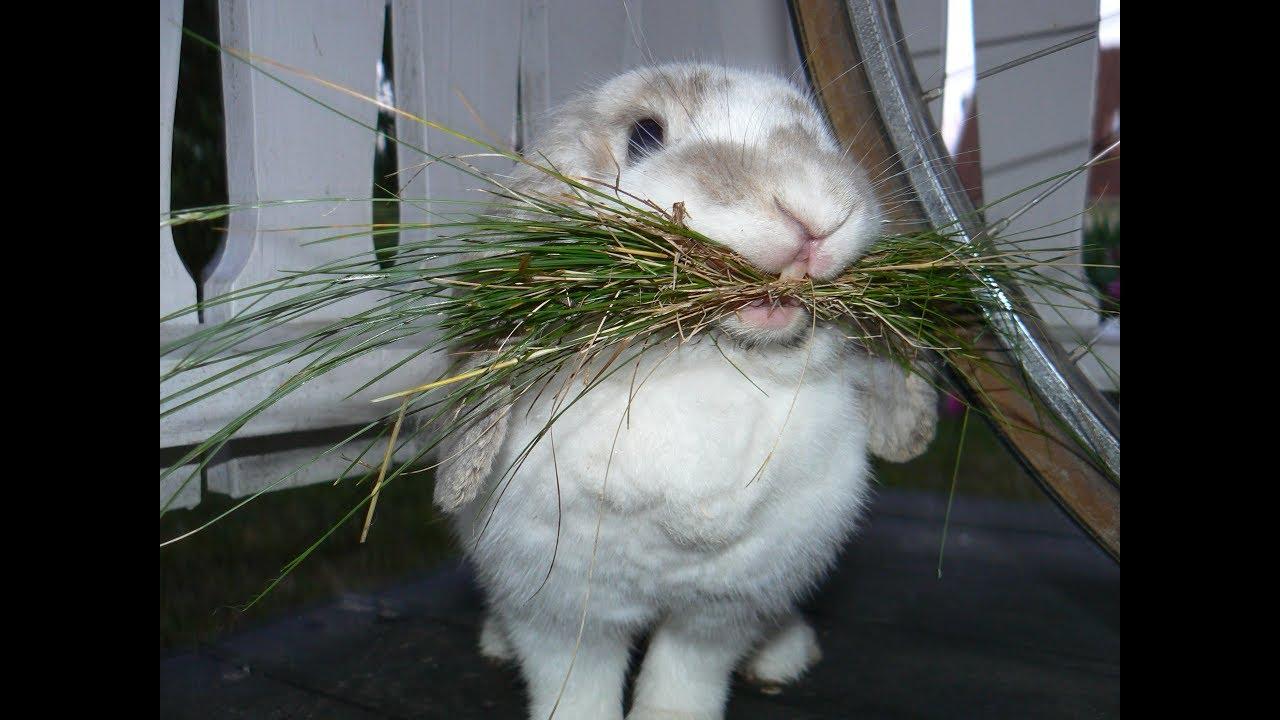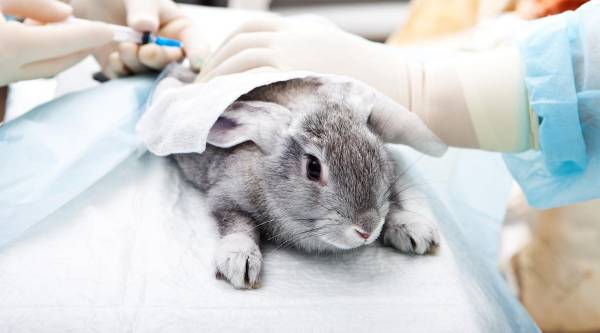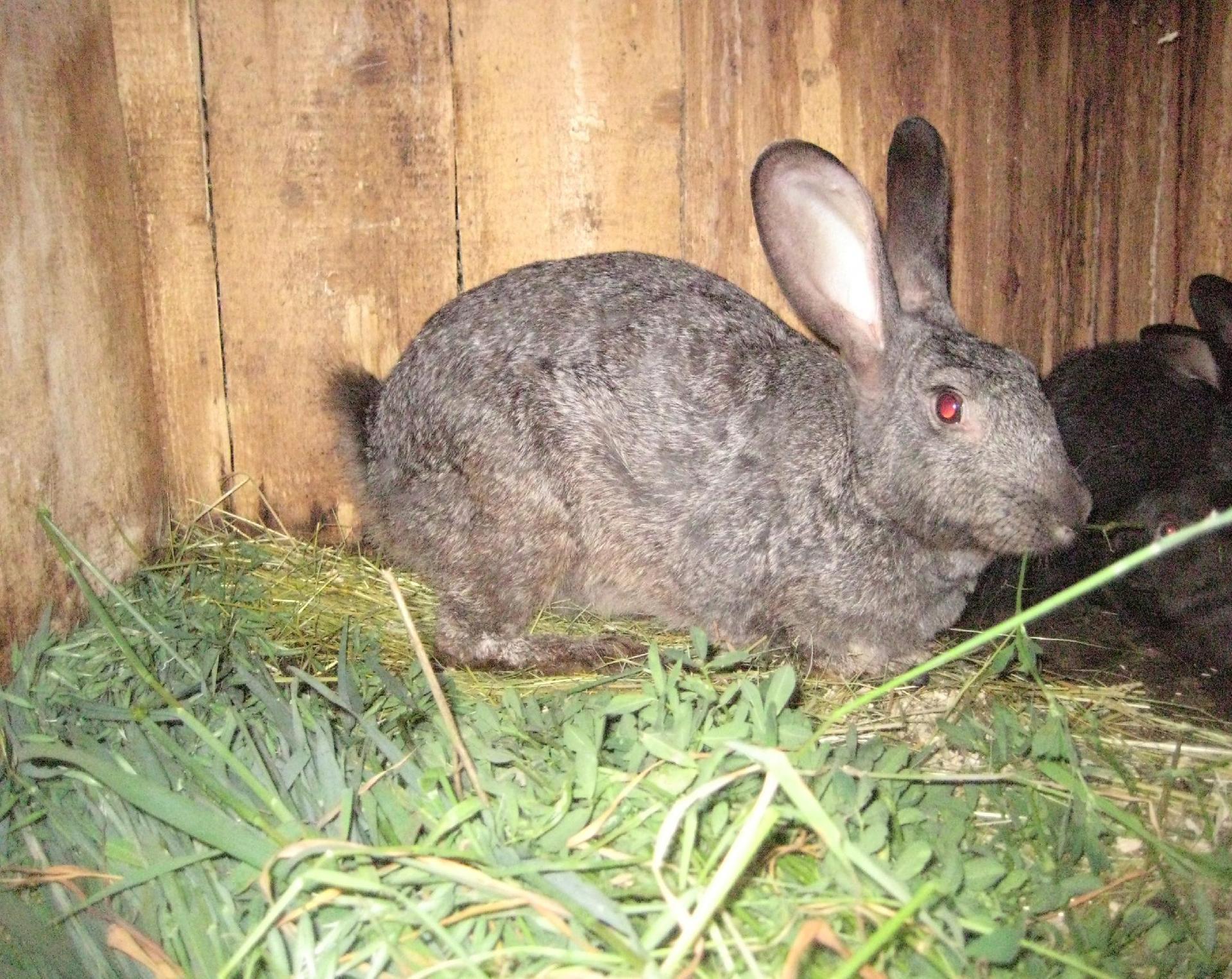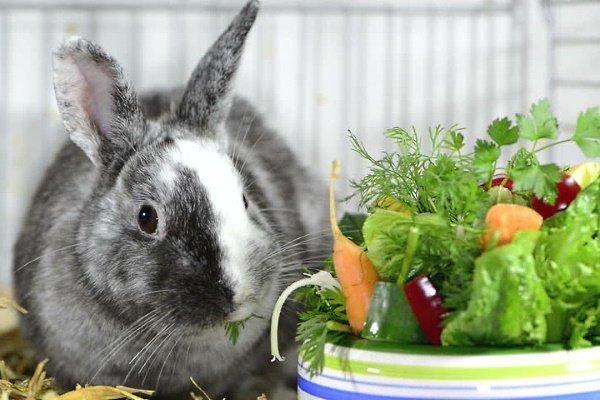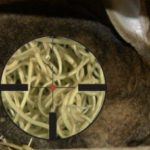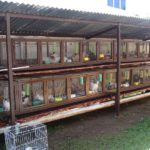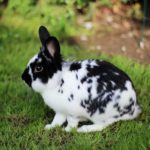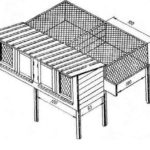Constipation in rabbits is a common problem, and failure to provide assistance to pets in a timely manner can lead to death. Animals of the order Lagomorphs cannot control the amount of food they absorb. During their waking hours, they chew on something non-stop, their stomach is constantly full. This leads to disturbances in the gastrointestinal tract, when food inside the intestines decomposes and the body is poisoned.
Causes of constipation in rabbits
Rabbits are animals that require increased attention. They react quite painfully to violations of the rules of detention. Factors influencing the occurrence of constipation:
- infectious;
- non-infectious.
The cause of insufficient bowel movements of an infectious nature is the pathogenic bacterium Clostridium. When the number of pathogenic microorganisms exceeds the norm, gases accumulate in lagomorphs and peristalsis is impaired. Clostridium spp bacteria, when multiplying, release toxins that have a destructive effect on the animal’s liver, and the lack of therapy leads to its death.
Non-infectious causes of constipation in rabbits include:
- sudden change in diet. For example, when, after a juicy meal, the animal is abruptly transferred to hay;
- insufficient amount of dietary fiber in the diet of lagomorphs;
- low physical activity of the animal due to a cramped cage;
- a state of nervous overstrain that can be caused by a change of owner;
- dehydration of the body caused by a lack of water in the drinking bowl, dry air or elevated ambient temperatures.
Digestive problems can be caused by a build-up of hair in the stomach. in a rabbit during the molting period.
Symptoms of the problem
The breeder should be wary of the fact that the animal does not go to the toilet for more than a day. Other symptoms of constipation caused by infectious causes:
- depressed state of the animal;
- loss of appetite;
- bloating, rumbling in the stomach;
- the rabbit shows anxiety when touching its abdomen;
- fecal lumps with mucus.
Often constipated in rabbits it alternates with diarrhea. In this case, the animal should be removed from the herd into a separate cage and shown to a veterinarian.
Treatment methods
The condition of lagomorphs can be alleviated with medications and traditional methods. But in order not to harm the animals, you need to consult a doctor. You should seek advice as soon as your rabbit shows the first symptoms of constipation.
Use of antibiotics
In severe cases, difficult defecation in a decorative rabbit is treated with antibiotics of the tetracycline group. Therapy is carried out in the form of injections, but only a veterinarian can give recommendations for use and calculate the dose.
Along with antibiotic injections, it is necessary to deworm the animal with Baycox solution. Treating rabbits for constipation with laxatives is prohibited. Such therapy will only worsen the animal’s condition.
Traditional methods
What to do when you can’t seek help from a doctor? If the nature of constipation is not infectious, you can use folk remedies. The most common ones are:
- A sick animal is massaged every 3 hours. The animal is placed on your knees, and your hand is gently moved from the tail to the neck. If the rabbit shows anxiety, manipulations should be stopped immediately.
- Vaseline oil. The medicine is given to the animal in the amount of 5 ml at a time. The product works as a laxative, gently helping the animal get rid of a foreign product or a hairball. If the stool has improved, there is no need to repeat the procedure.
- A decoction of chamomile and tansy is given to the rabbit on the first day of constipation. The product is poured into the animal from a syringe, removing the needle.
Before you begin treating lagomorphs, the cause of constipation should be established and then eliminated.
Diet for sick rabbits
The main components of proper rabbit nutrition are clean drinking water and hay.
It is the dried herb that maintains the tone of the intestinal muscles of animals of the lagomorph family and helps remove clumps of swallowed wool from the body.
If your rabbit has symptoms of constipation, then you need to carefully monitor its diet. In addition to hay (70-80% of the diet), the menu should include:
- fresh vegetables. An excellent option is cabbage, but you can’t get carried away with it. Cauliflower, Brussels sprouts, broccoli are suitable;
- vegetable puree with herbal granules dissolved in water. Prepare a paste-like mixture, which is drawn into a syringe and squeezed into the pet’s mouth in small portions;
- vitamin A - you should offer the animal a choice of herbs (green lettuce, parsley, garden or salad chicory);
- vitamin B – radish leaves, carrot tops, broccoli;
- vitamin C – dill, watercress, spinach, rutabaga, dandelion, parsley root.
Vegetables must be washed before serving. Garden produce that has been grown with the use of fertilizers and pesticides should be avoided. Fruits are treats, so giving them more than 2 times a week is not recommended.
Preventing constipation
The best way to prevent constipation is to provide your rabbit with adequate nutrition. The animal's daily diet should include:
- vegetables, tops, fresh herbs;
- clean water to drink in sufficient quantity;
- high fiber granules;
- fresh hay.
Also, the cause of constipation is the pet's sedentary lifestyle, so he needs to be provided with daily walks. Another important component is regular visits to the veterinarian. Some diseases occur without obvious signs; only an experienced specialist can recognize the disease.

